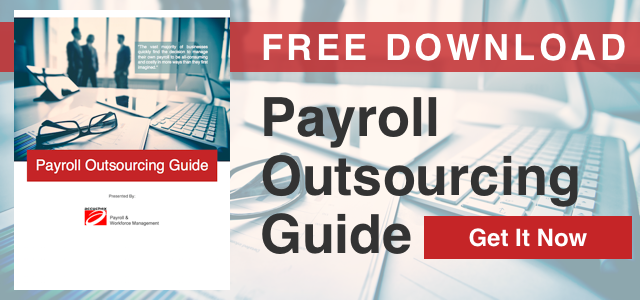 California Labor Laws - Assembly Bill No. 10 - Coming January 1, 2016, California employers, in all industries, will be facing rising mandatory wage increases for their lower-tier employees, or those earning a minimum wage.
California Labor Laws - Assembly Bill No. 10 - Coming January 1, 2016, California employers, in all industries, will be facing rising mandatory wage increases for their lower-tier employees, or those earning a minimum wage.
California Labor Laws on Minimum Wage and their Impact on Employers
The most comprehensive change was laid out on September 25, 2013, when the California Legislature enacted legislation signed by the Governor of California, raising the minimum wage for all industries (AB10). This excerpt from California Department of Industrial Relations website explains the law's requirements on California employers:
"Although there are some exceptions, almost all employees in California must be paid the minimum wage as required by state law. Effective January 1, 2016, the minimum wage in California is $10.00 per hour. There are some employees who are exempt from the minimum wage law, such as outside salespersons, individuals who are the parent, spouse, or child of the employer, and apprentices regularly indentured under the State Division of Apprenticeship Standards.
There is an exception for learners, regardless of age, who may be paid not less than 85% of the minimum wage rounded to the nearest nickel during their first 160 hours of employment in occupations in which they have no previous similar or related experience.
There are also exceptions for employees who are mentally or physically disabled, or both, and for nonprofit organizations such as sheltered workshops or rehabilitation facilities that employ disabled workers. Such individuals and organizations may be issued a special license by the Division of Labor Standards Enforcement authorizing employment at a wage less than the legal minimum wage."
The fiscal impact is difficult to gauge as it will not only increase any existing minimum wage salaries currently being paid, but will potentially impact the salaries of workers who previous wage increases due to merit or promotion, are already at or close to the new minimum.
According to statistics compiled by Government.com, California currently has the following breakdown of bottom-tier wage earners:
- At or below minimum wage: 118,000
- Total hourly employment: 8,915,000
It can be estimated, then, that the initial cost to employers as a group will be over $2,000 per employee annually assuming full-time employment. This works out to at least $200,000,000 per year in additional payroll without factoring in increased payroll tax, contributions and benefit costs.
Local Minimum Wage Labor Laws Drive the Costs Even Higher
California employers in San Francisco and Oakland have already seen far more significant mandatory wage increases go into effect this year. And other cities are on track to do the same. San Diego and Los Angeles have already taken legislative steps towards substantially higher minimum wage requirements.
According to a statement issued by Christine Owens, Executive Director of the National Employment Law Project:
“The Los Angeles City Council today joined the ranks of U.S. cities tackling poverty wages and spiraling income inequality through adoption of strong local minimum wages. By a vote of 14 to 1, the council directed L.A.’s city attorney to prepare legislation setting a $15 wage floor. The new rate will be phased in over several years, reaching $15 in 2020 for large businesses and in 2021 for smaller businesses and certain non-profits, and providing for future adjustments to be pegged to increases in the cost of living."
It's been estimated that in San Francisco and Oakland, the combined number of workers receiving newly increased wages are close to 200,000, or about 25% of the total workforce in those two cities. The increase in minimum wage for Los Angeles will impact approximately 567,000 workers.
Staying Abreast of HR and California Labor Law Requirements
It is critical to keep your company safe and your management team informed and in compliance.
Company policies reinforce and clarify the standards expected of employees and help employers manage staff more effectively by defining acceptable and unacceptable behavior in the workplace. And an HR policy manual that is comprehensive and up-to-date will provide the documentation for businesses faced with possible litigation arising from employment disputes.
If you have questions regarding this, or other HR issues and practices, let us help you in managing your HR needs, payroll processes, and staying on top of compliance demands. Get your Free Download: Payroll Outsourcing Guide to help you make an informed decision or call Accuchex Payroll Management Services at 877-422-2824.
Click to edit your new post...


